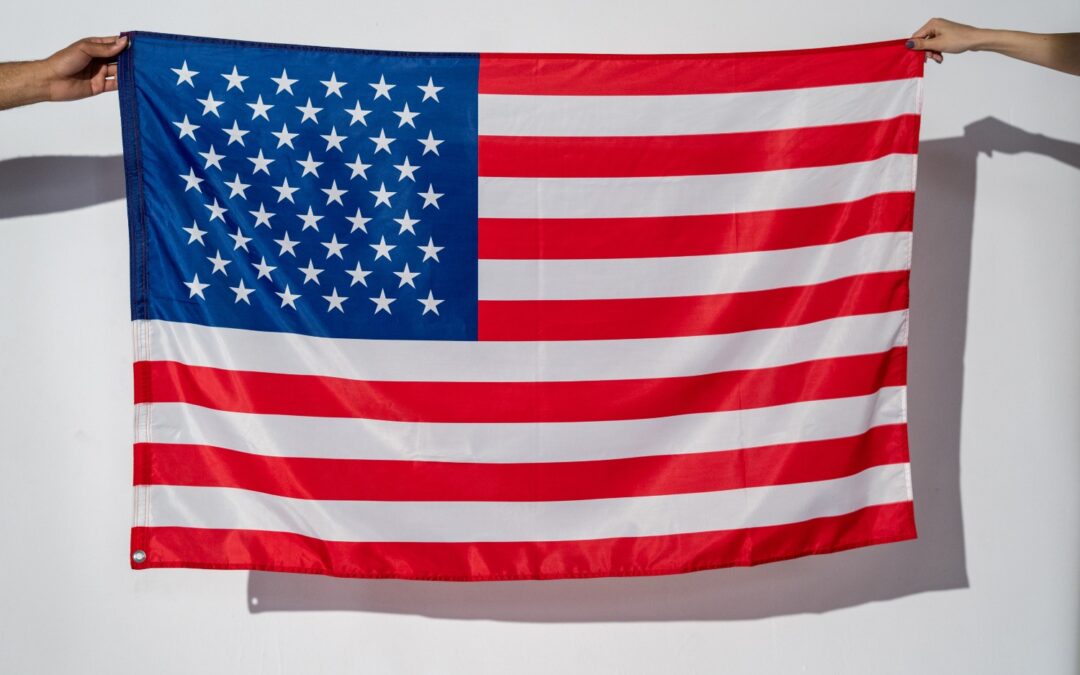Senator Mitt Romney’s recent proposal, the Family Security Act, aims to provide a dual benefit to families: a child allowance and a reformed Earned Income Tax Credit (EITC). With the goals of incentivizing marriage and family, it has received praise across the political spectrum for its promise to alleviate poverty while “swapping out some programs that benefited these families in the past, and also by discontinuing the federal subsidy for high taxes in New York and California.”






